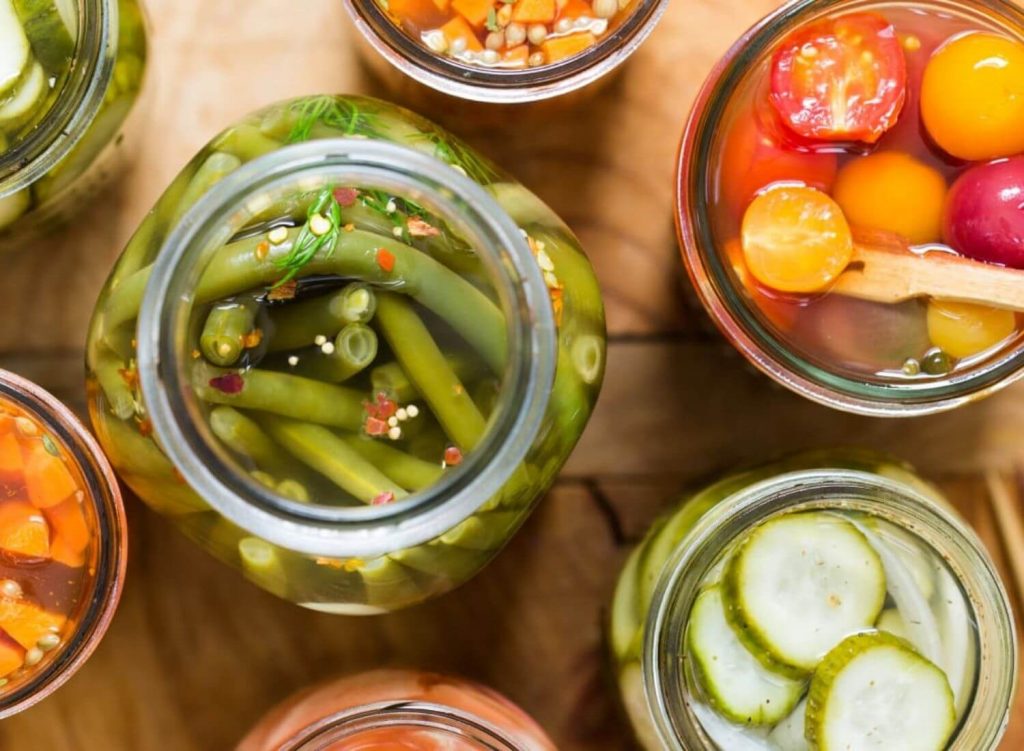Hello! Here we are again, back with different types of tasty food items usually taken with meals or for snacking purposes. Are you confused about what I am talking about? It is pickles! Yummy! Remember the days when your grandma used to have huge beautiful soaked in the sun? We will focus on the benefits and side-effects of pickles in this article.
So What Is A Pickle?
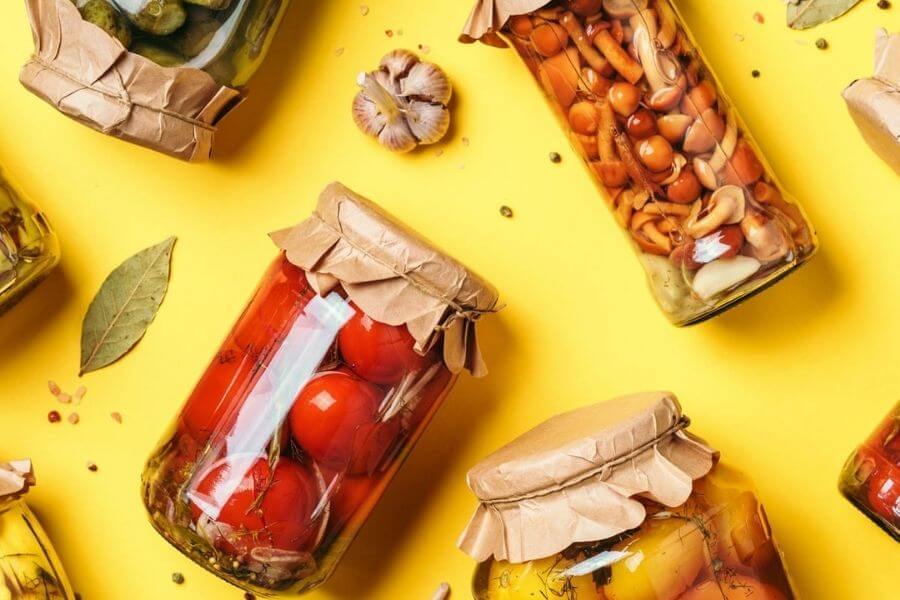
Pickling is the process of using anaerobic fermentation to preserve or extend the shelf life of food. It affects the foods’ texture, taste, and flavor, resulting in food called a pickle. Pickling helps to preserve perishable foods for months. Antimicrobial herbs and spices, such as mustard seeds, garlic, cinnamon, or cloves, are also added. If the food has enough moisture, a pickling brine may result by adding dry salt.
The pickle’s required acidity is due to the natural fermentation at room temperature by lactic acid bacteria. The acidity or the salinity of the solution, the temperature of fermentation, also contribute to the end product’s flavor.
Different Names For A Pickle
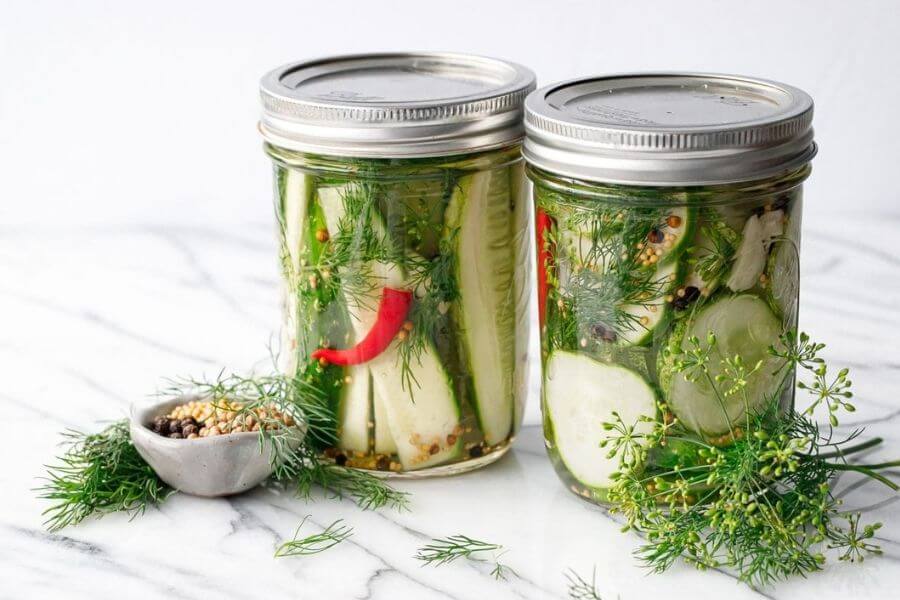
South Asia has a variety of pickles known as “Achar.” In Nepali, Assamese, Bengali, Hindi, Gujarati, and Urdu, pickle is called achar. Uppinakaayi in Kannada, Lonacha in Marathi, Uppilittathu, or achar in Malayalam, Oorukai in Tamil, and Ooragaya in Telugu, which is made mainly from the varieties of mango, lemon, lime, gongura (a sour leafy shrub), tamarind, amla, chili. Vegetables such as eggplant, carrots, cauliflower, tomato, bitter gourd, green tamarind, ginger, garlic, and onion are used occasionally.
These fruits and vegetables are mixed with ingredients like salt, spices, and vegetable oils. They are set to mature in a moistureless medium.
What Are The Benefits Of Pickles
1. Prevents Dehydration
Pickle contains a good amount of sodium and also potassium. It helps your body to recover electrolytes after exercise, which helps your body from dehydration. It is also a popular choice for pre and post-workout regimes. But avoid drinking it on an empty stomach.
2. Helps To Soothe Muscle Cramps
The vinegar and calcium chloride present in pickle make the sodium and potassium absorption more readily by the body. Pickle is technically a brine, i.e., salty food, which increases the body’s electrolyte, vinegar and calcium chloride, and reduces muscle cramps.
3. Gut Health Is Good
Gut health is imperative for the proper functioning of the body. With many ways to improve your gut health, pickle is one of them. Pickle helps to enhance the growth and healthy balance of good bacteria and flow in your gut.
4. Rich In Vitamins And Minerals
Pickle might be a good source of essential vitamin A and vitamin E. It contains trace amounts that help protect your body from harmful molecules. Yes, but be sure you add sources in your lists like fruits and vegetables, with less salt and other preservatives.
Possible Health Hazards Of Eating Pickles
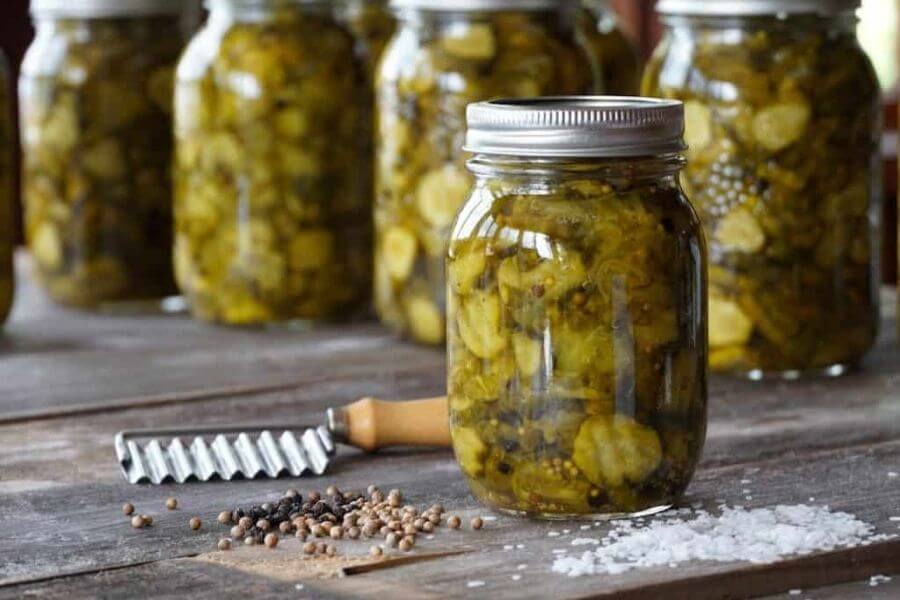
Pickles are beneficial for health but only when consumed in moderation or prepared and eaten freshly can reduce the high content of salt, oil, and sugar in it. But with some benefits, it also comes with certain health hazards, as mentioned below.
- Esophageal cancer and gastric – studies done by WHO and 2009 British Journal of Cancer released research as increasing the risks of esophageal cancer.
- It increases HTN and also Heart diseases as a high content of salt and oil in it.
- The main risk of eating pickles is that it increases blood pressure.
- It can cause an increase in cholesterol levels in the blood.
It is better to avoid commercials. Pickles are the perfect friend of the regular food, too often the juice, responsible for turning your everyday veggies into sour, hot, and spicy.
Remember These Important Points
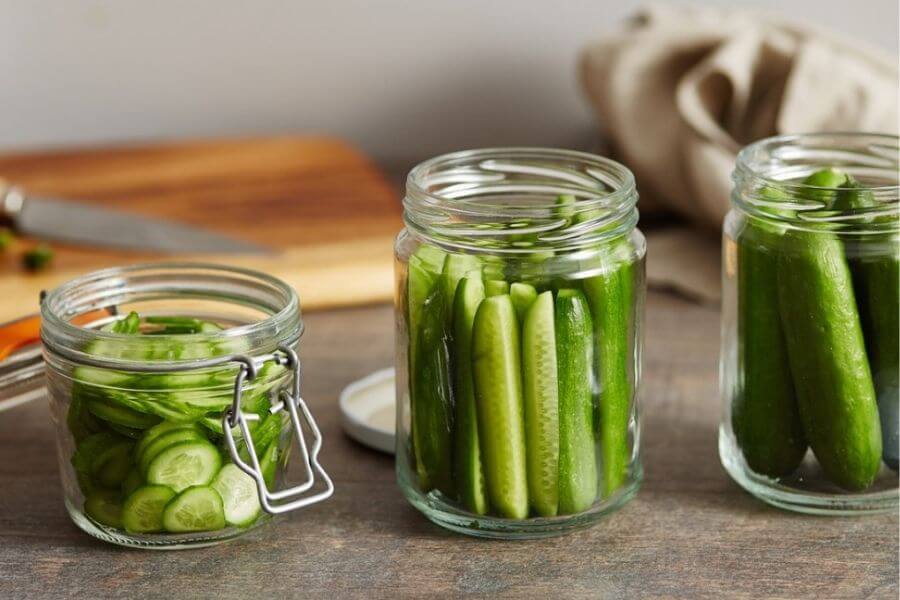
- Be aware of the amount of pickle you eat. You should not exceed its intake.
- Make sure to check with your doctor and dietitian about pickle before eating it.
- You need to be careful as pickle has high sodium content in it.
- Do take care and have less consumption of pickles.

